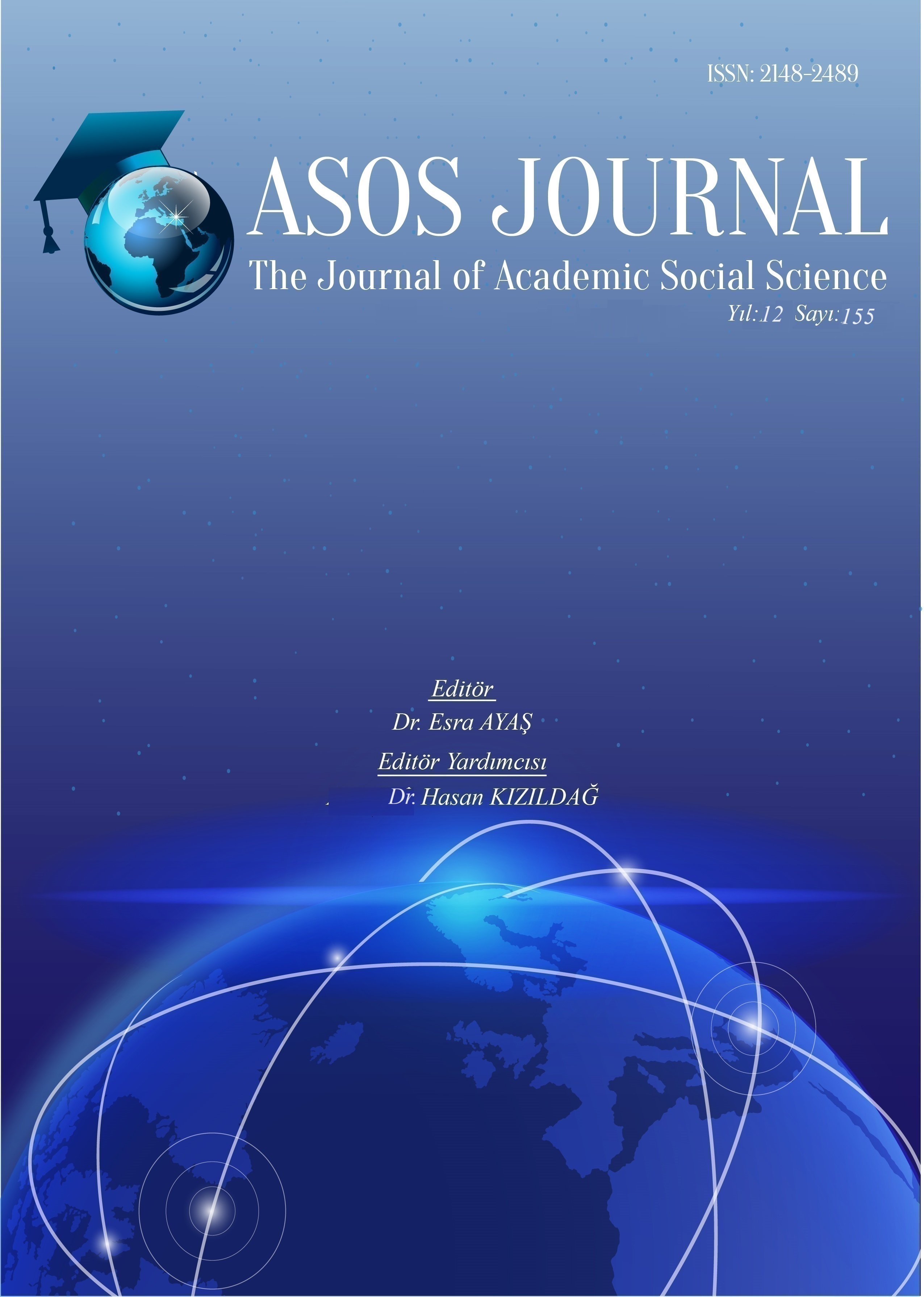Author :
Abstract
Yurtdışında yükseköğrenim görmek, farklı kültürler ve bakış açılarıyla tanışma fırsatı sunduğu için her zaman prestijli kabul edilmiştir. Yurtdışında eğitimini başarıyla tamamlayıp diploma alanların, Türkiye’de diplomalarının tanınması için denklik belgesi almaları zorunludur. Ön lisans, lisans ve yüksek lisans diplomalarının denklik işlemlerinden Yükseköğretim Kurulu Başkanlığı sorumluyken, doktora diplomalarının tanınması Üniversitelerarası Kurul Başkanlığı tarafından yapılmaktadır. Sahte ve niteliksiz diplomaların önüne geçmek için denklik uygulaması önemlidir, ancak Türkiye’de denklik süreci uzun ve zorludur. Bu süreçte çeşitli sorunlarla karşılaşılmakta ve hak mağduriyetleri yaşanmaktadır. Denklik konusundaki mağduriyetler sosyal medyada çeşitli gruplar aracılığıyla dile getirilmekte ve milletvekillerine iletilerek Meclis gündemine taşınmaktadır. Bu mağduriyetlerin temelinde, Yükseköğretim Kurulu Başkanlığı ile Üniversitelerarası Kurul Başkanlığı’nın yurtdışında eğitim görenlere yönelik denklik uygulamaları yer almaktadır. Bu iki yükseköğretim kurulunun kurumsal yapısının yol açtığı problemler de eklenince, yurtdışında eğitim görmüş kişilerin mağduriyetleri artmaktadır. Bu çalışma, Türkiye Cumhuriyeti vatandaşlarının ön lisans, lisans, yüksek lisans ve doktora diplomalarının denkliği konusunda yaşadıkları sorunları sistematik olarak açıklamayı amaçlamaktadır. Yurtdışında yükseköğrenim görenlerin diploma denkliği konusunda yaşadıkları problemleri ilk defa bilimsel bir çalışmaya konu etmesi bakımından önemlidir. Ayrıca, Fransa ve Belçika gibi diğer devletlerin uygulamalarıyla Türkiye’deki mevcut uygulamalar karşılaştırılacak ve mevcut uygulamalara bazı alternatifler önerilecektir.
Keywords
Abstract
Studying abroad has always been considered prestigious as it offers the opportunity to meet different cultures and perspectives. Those who have successfully completed their education abroad are required to obtain a certificate of equivalence in order for their diplomas to be recognized in Turkey. While the Council of Higher Education is responsible for the recognition of associate, bachelor's and master's diplomas, the recognition of doctoral diplomas is carried out by the Interuniversity Council. Recognition is important to prevent fake and unqualified diplomas, but the recognition process in Turkey is long and challenging. In this process, various problems are encountered and rights are victimized. Victimizations regarding equivalence are voiced through various groups on social media and brought to the agenda of the Parliament through MPs. At the heart of these grievances are the recognition practices of the Presidency of the Council of Higher Education and the Presidency of the Interuniversity Council for those who study abroad. When the problems caused by the institutional structure of these two higher education boards are added, the victimization of those who have studied abroad increases. This study aims to systematically explain the problems faced by the citizens of the Republic of Turkey regarding the equivalence of their associate, bachelor's, master's and doctoral diplomas. It is important in terms of being the subject of a scientific study for the first time in terms of the problems experienced by those who have received higher education abroad in terms of diploma equivalence. In addition, the current practices of other states such as France and Belgium will be compared with the current practices in Turkey and some alternatives to the current practices will be proposed.





